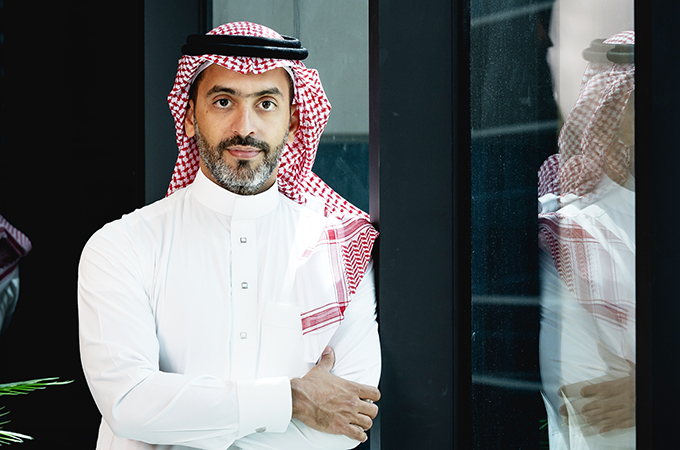Wed, Jun 7, 2023
A significant number of Qatari high net worth individuals (HNWIs) are focussed primarily on the residential and office sectors for real estate investments this year, finds a survey.
About 30% of Qatari HNWIs will spend more than $1 million on real estate this year, according to the debut "Destination Qatar" report from leading global property consultancy, Knight Frank.
With Qatar boasting the fourth highest GDP per capita globally at an estimated $69,000, a significant surge in demand, especially from domestic buyers, is evident in the real estate market, particularly in the luxury sector, it said.
The 2023 Destination Qatar survey, conducted in partnership with YouGov, delves into the investment behaviour of 30 high-net-worth individuals (HNWIs) in Qatar, with a cumulative net worth exceeding $155 million.
Top Investment Choices for Qatari HNWIs
The survey reveals a preference for the residential sector among the interviewed HNWIs, with 37% naming it as their primary investment target. The office sector is a close second, preferred by 33%, and the retail sector completes the top three with a 23% preference.
Faisal Durrani, Partner – Head of Middle East Research at Knight Frank, explains: “Qatari high net worth individuals are focussed primarily on the residential and office sectors for real estate investments this year. The residential market in particular has been a significant beneficiary of the $229 billion infrastructure spend to transform and modernise Qatar in the run up to the World Cup, 2022. The resultant impact has been the creation of 850,000 jobs over the last 10 years and a 60% boost to the population.
"Unsurprisingly, demand for residential real estate has grown in tandem. With rents rising by 20-25% in the last 12 months, it is no surprise that yields have moved out to c. 6.4% for apartments and 4% for villas, making residential real estate an attractive option for the country’s HNWIs”.
Adam Stewart, Partner - Head of Qatar, says: “The remarkable growth in Qatar's residential sector is testament to the strategic investments made leading up to the World Cup, 2022. With infrastructure in place to cope with a substantially increased population, government initiatives in place, such as residency through real estate, to attract investors, and financial instruments being offered by local banks to fund purchases, Qatar is poised to compete in the international arena.”
Lusail: preferred destination
Lusail, a pioneering sustainable city in Qatar, has gained prominence as the preferred residential property choice among HNWIs. Its close proximity to Doha, coupled with an array of leisure and recreational facilities, is garnering attention from investors. Additionally, the 25,000 residential structures set for completion, including high-rise towers and standalone family homes, further elevate Lusail's appeal.
Durrani continued: “When it comes to target locations for the country’s wealthy, Lusail has emerged as the number one preferred neighbourhood, with average budgets standing at $1.8 million. Indeed, 71% of the high net worth individuals that we spoke to already own a home here, with Lusail Marina and Lusail Waterfront being named as the top two most preferred locations for a residential real estate acquisition. Lusail’s proximity to Doha means it is viewed as a city within a city, with all the amenities of Doha effectively supercharged and upgraded, which is undoubtedly boosting its appeal among the nation’s elite as a real estate investment destination.”
Adam Stewart, Partner - Head of Qatar, adds: "The development of Lusail signifies an exciting turning point in Qatar's real estate landscape. With its remarkable infrastructure, sustainable living and luxurious offerings, it's no wonder it's piquing the interest of the country's wealthy.”
Qatar's residential sector, with its 80% focus on luxury developments, lacks affordable options, potentially concealing true demand. This scenario suggests an untapped opportunity: developing homes at varied price points, which could expand and diversify the buyer demographic, offering a promising prospect for investors and developers.
According to the High Net Worth Individual (HNWI) respondents, key challenges currently shaking the residential sector include an 'oversupply of residential property,' noted by 23% of respondents, and the impending threat of a 'global economic slowdown.' On the brighter side, the Qatari government's robust initiatives to strengthen the residential market suggest a beacon of hope, especially in uncovering the latent demand for more affordable housing, the study said.



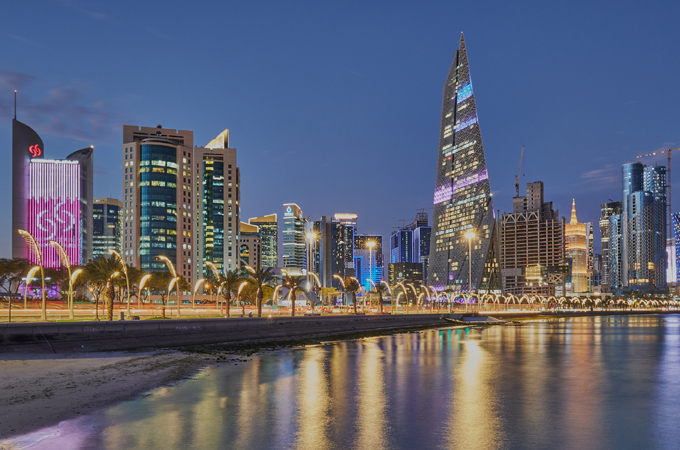
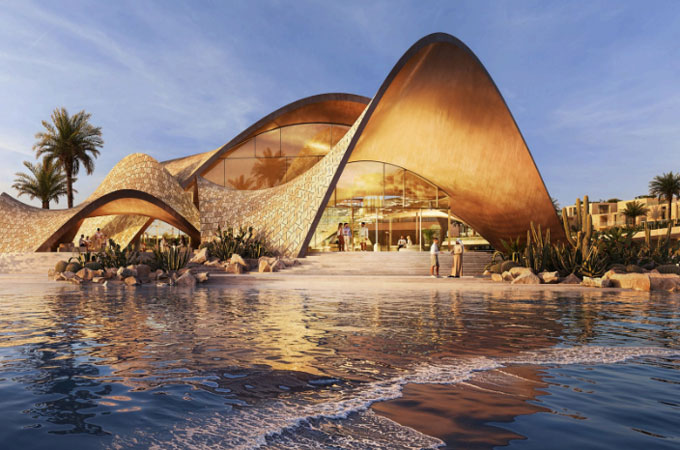
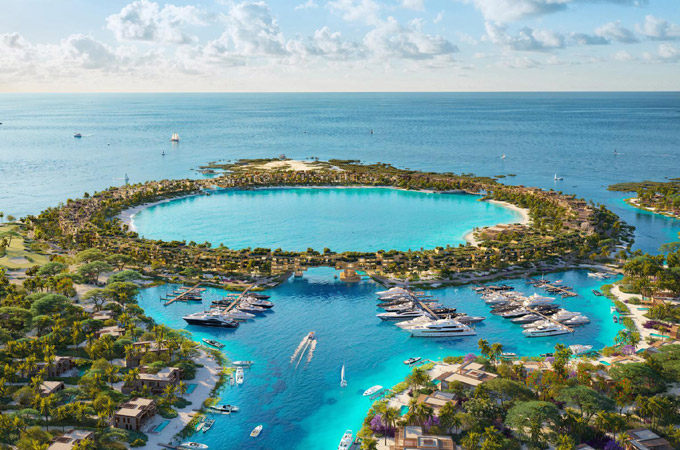


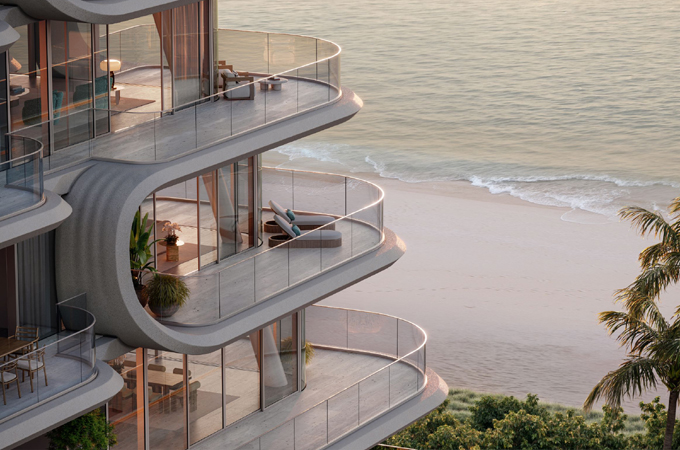
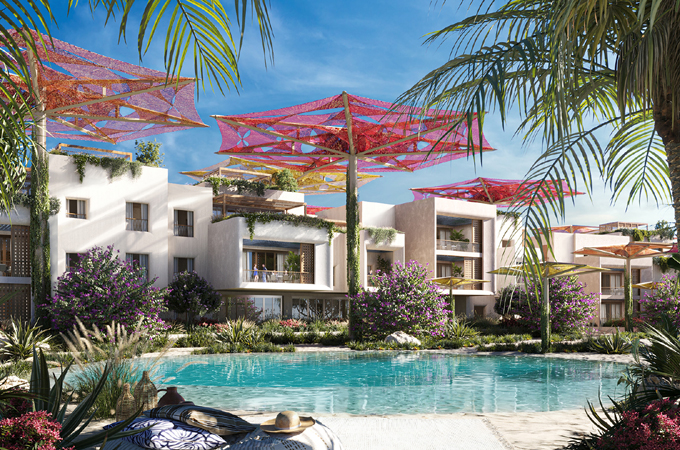

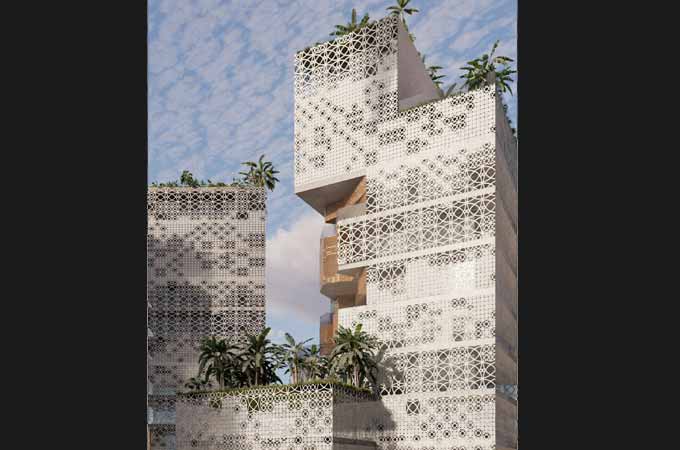
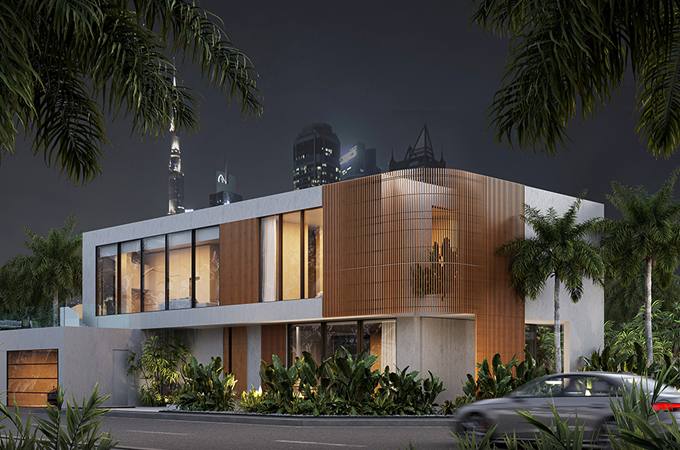
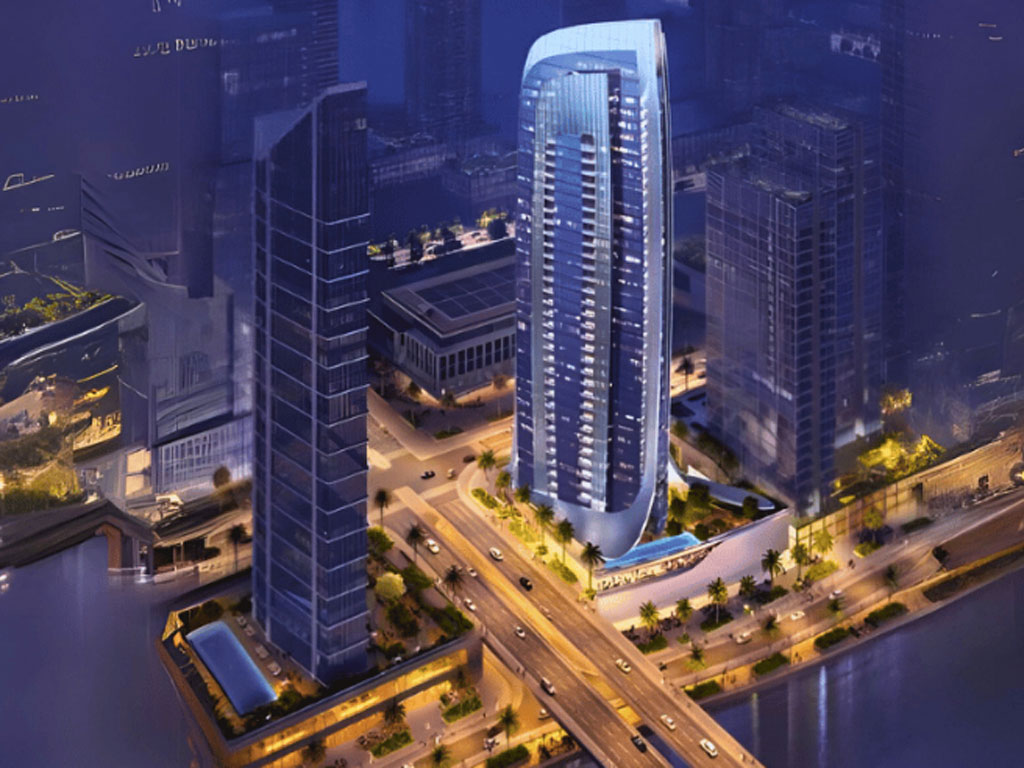
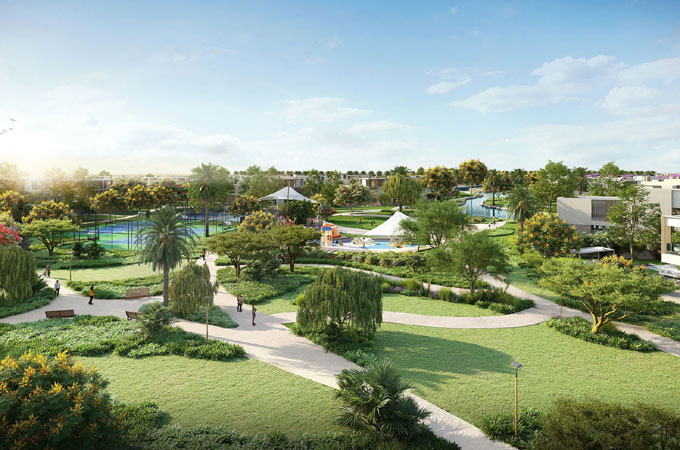
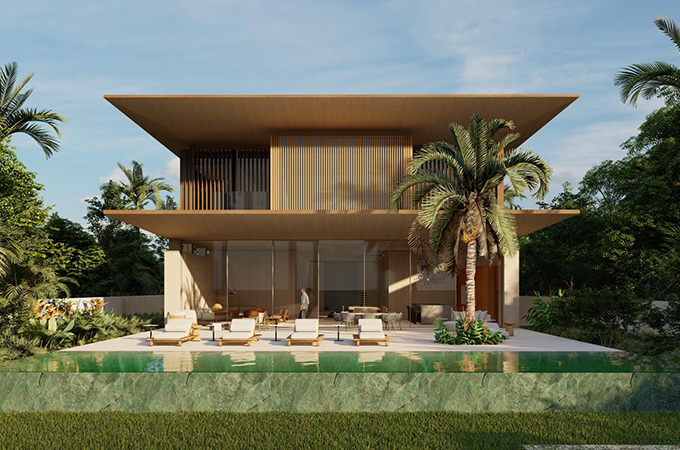
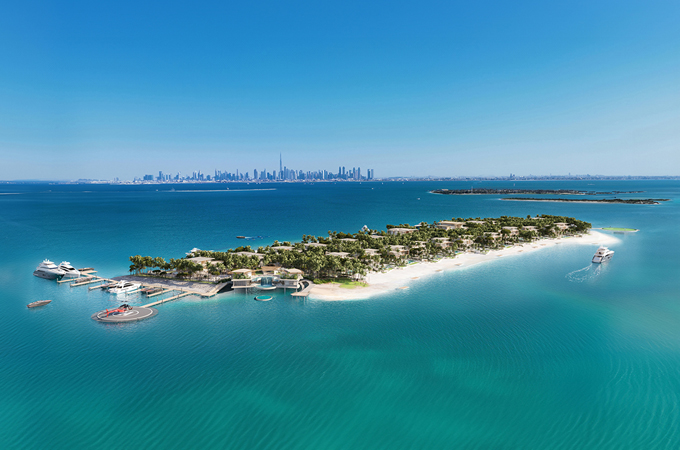
.jpg)
